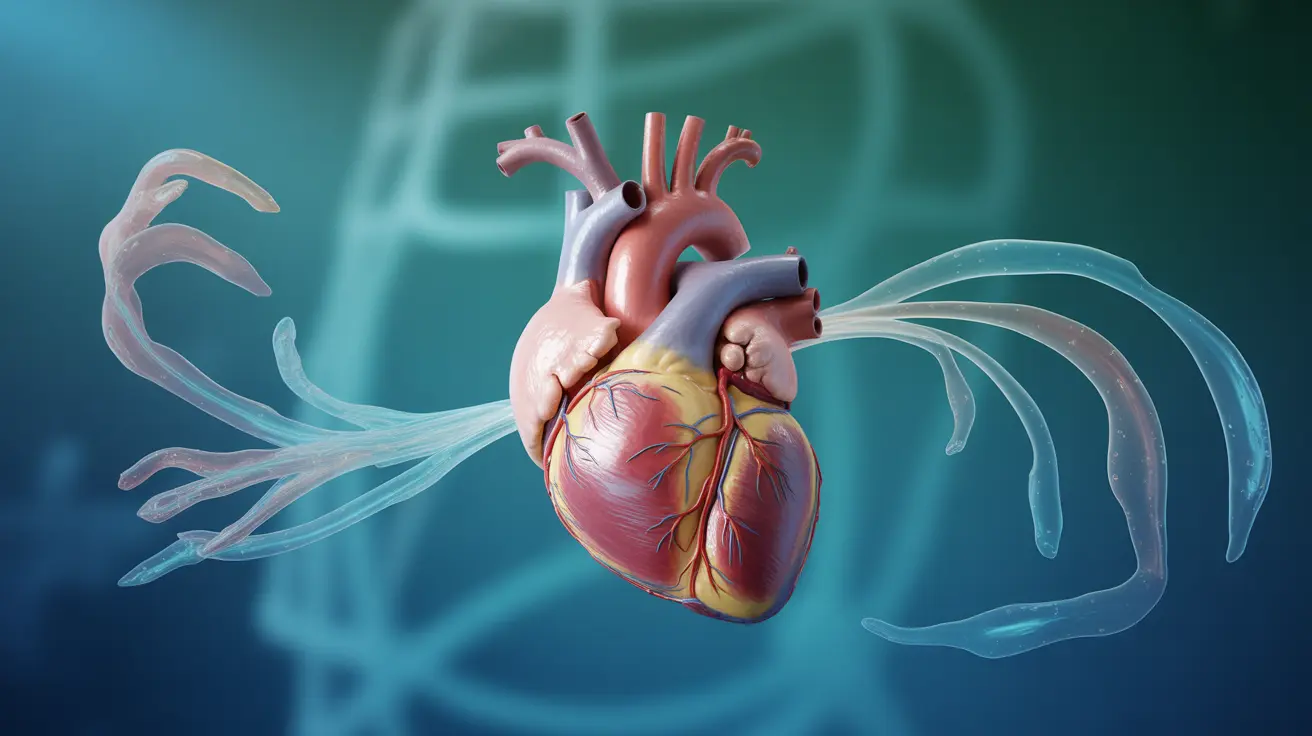Living with both sleep apnea and atrial fibrillation (AFib) can be challenging, but understanding how CPAP therapy affects these conditions is crucial for optimal health management. Many patients wonder about the relationship between CPAP therapy and AFib, particularly regarding whether the treatment can help or potentially worsen their heart rhythm condition.
In this comprehensive guide, we'll explore the important connection between CPAP therapy and AFib, examining how treating sleep apnea can impact heart rhythm disorders and what patients should know about managing both conditions effectively.
The Connection Between Sleep Apnea and AFib
Sleep apnea and AFib often occur together, creating a complex relationship that affects millions of Americans. Untreated sleep apnea can trigger or worsen AFib episodes due to the stress placed on the heart during repeated breathing interruptions throughout the night.
When you experience sleep apnea episodes, the resulting oxygen deprivation and sudden blood pressure changes can create the perfect storm for irregular heart rhythms to develop or worsen. This makes proper treatment essential for managing both conditions.
How CPAP Therapy Affects Heart Rhythm
CPAP therapy works by maintaining continuous airway pressure during sleep, preventing the collapse of breathing passages that characterizes sleep apnea. This consistent airflow has several positive effects on heart function:
- Stabilizes oxygen levels throughout the night
- Reduces stress on the cardiovascular system
- Helps maintain more regular heart rhythms
- Decreases inflammation that can trigger AFib
Benefits of CPAP Use for AFib Management
Regular use of CPAP therapy can provide significant benefits for patients with both sleep apnea and AFib:
- Reduced frequency of AFib episodes
- Improved heart rate control
- Better quality sleep
- Lower risk of cardiovascular complications
- Enhanced overall heart health
Optimizing CPAP Treatment for AFib Control
To maximize the benefits of CPAP therapy for AFib management, consider these important factors:
Consistent Use
Using your CPAP machine regularly and for the full duration of sleep is crucial. Sporadic use can limit the therapeutic benefits and may not effectively control AFib symptoms.
Proper Equipment Maintenance
Regular cleaning and maintenance of your CPAP equipment ensures optimal performance and prevents any potential complications that could affect your treatment's effectiveness.
Working with Healthcare Providers
Regular follow-up appointments with your healthcare team help ensure your CPAP therapy is properly adjusted and working effectively to manage both your sleep apnea and AFib.
Frequently Asked Questions
Can using a CPAP machine help reduce the risk or severity of atrial fibrillation in people with sleep apnea?
Yes, consistent CPAP use can help reduce both the risk and severity of AFib in sleep apnea patients by maintaining stable oxygen levels and reducing cardiovascular stress during sleep.
Does CPAP therapy cause any worsening or triggering of atrial fibrillation episodes?
Generally, CPAP therapy does not worsen AFib episodes. In fact, proper CPAP use typically helps reduce AFib occurrences by treating the underlying sleep apnea that can trigger heart rhythm problems.
How does treating obstructive sleep apnea with CPAP affect heart health and heart rhythm problems like AFib?
CPAP treatment positively affects heart health by maintaining consistent breathing patterns, reducing oxidative stress, and preventing the sudden blood pressure changes that can trigger irregular heart rhythms.
What are the benefits of consistent CPAP use for patients who have both sleep apnea and atrial fibrillation?
Consistent CPAP use can lead to fewer AFib episodes, improved sleep quality, better heart rhythm control, reduced cardiovascular stress, and overall improved quality of life.
Why is it important to follow a healthcare provider's advice when using CPAP for managing AFib and sleep apnea?
Healthcare providers can properly adjust CPAP settings, monitor treatment effectiveness, and make necessary modifications to optimize therapy for both conditions. Their expertise ensures safe and effective management of both sleep apnea and AFib.




